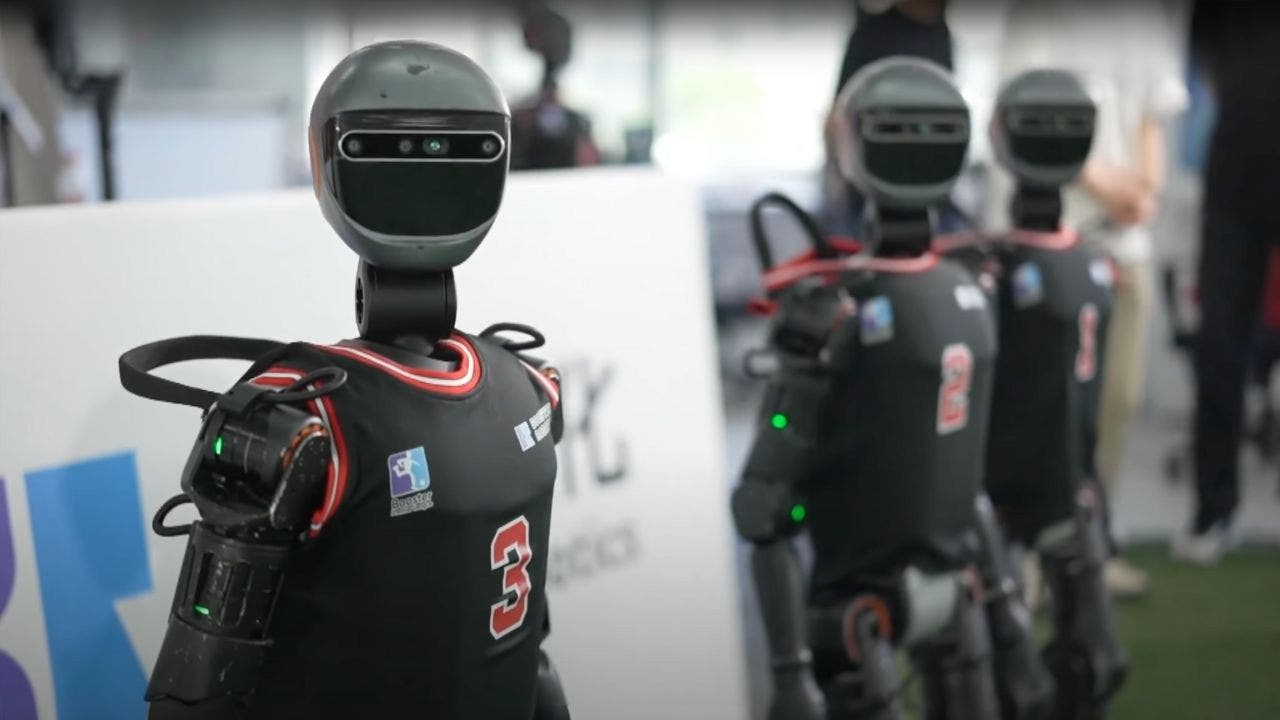Coin WorldSunday, Jul 6, 2025 11:06 am ET
![]() 1min read
1min read
Billionaire investor Paul Tudor Jones has expressed grave concerns about the potential societal and economic impacts of the rise of artificial intelligence (AI). In a recent op-ed, Jones acknowledged the benefits of technological progress but emphasized the need for a vigorous debate on the societal costs of AI. He cited a warning from Dario Amodei, CEO of Anthropic, who predicted that AI could eliminate about half of all entry-level white-collar jobs within the next one to five years. Jones warned that even if Amodei's prediction is only partially accurate, the resulting job displacement could lead to unprecedented social upheaval.
Jones highlighted that if the current economic model, where the majority of productivity gains go to shareholders rather than workers, continues, the strain on social safety nets due to high unemployment could force many states and municipalities into bankruptcy. He further cautioned that the federal government, with a debt-to-GDP ratio exceeding 120%, may lack the borrowing power to act as a reliable backstop. This scenario could lead to a collapse in bond markets, which would subsequently drag down stock markets.
To mitigate these risks, Jones proposed several measures. He called for a federal law requiring AI-generated content to be watermarked, ensuring transparency and authenticity. He also advocated for the establishment of a bipartisan commission to address issues of productivity sharing and bilateral talks with other major economies to develop shared AI safety protocols. Jones stressed that these actions are not radical but rational responses to the impending challenges posed by AI.
Jones' warnings come at a time when the societal disruptions caused by AI are already becoming apparent. He urged immediate action, stating that the unemployment data on entry-level jobs serves as a clear call to action. The investor's concerns underscore the need for proactive measures to manage the transition to an AI-driven economy, ensuring that the benefits of technological progress are shared equitably and that the potential risks are mitigated effectively.









 English (US) ·
English (US) ·